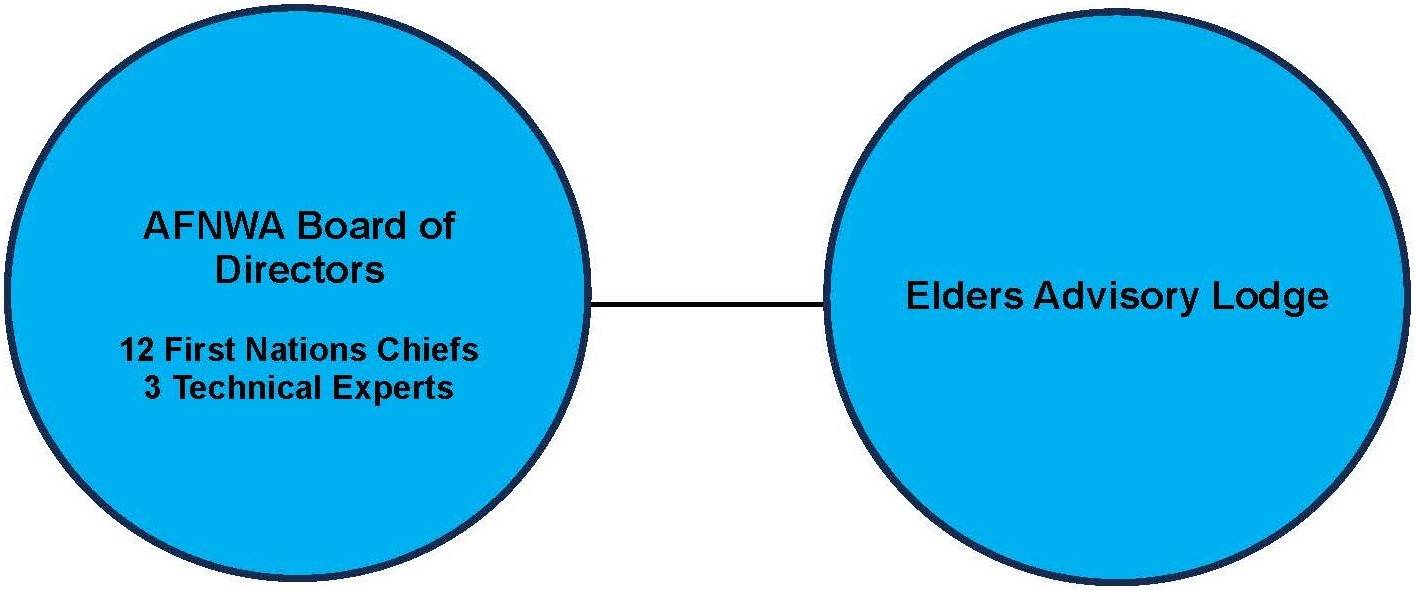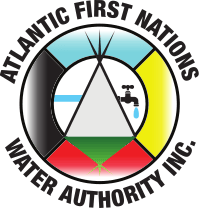Elders Advisory Lodge
Committed to Two-Eyed Seeing
Throughout the initial engagements with representatives from the Atlantic Policy Congress of First Nations Chiefs Secretariat (APC), First Nation Chiefs and Elders, it was evident that significant value is attached to environmental stewardship, the spiritual aspects of water and Two–Eyed Seeing. It was therefore critical that the Atlantic First Nations Water Authority (AFNWA) should incorporate First Nations traditional knowledge and culture in its operations. To ensure this happened an Elders Advisory Lodge was created to provide the Board of Directors with such guidance.
The Elders Advisory Lodge will advise the Board of Directors on traditional knowledge and culture. A key role will be to ensure that AFNWA is and remains aligned with and reflects First Nations values, culture, and knowledge.

Over several meetings the Elders identified some fundamental principles they felt AFNWA must incorporate, including:
- A leader must be knowledgeable and proficient in their identity and culture.
- Water is alive and is both physical and spiritual.
- Water has rights and First Nations have the responsibility to respect and preserve those rights.
- First Nations believe in the shared ownership of land and water, rather than individual ownership.
- Leaders must demonstrate they understand and appreciate Two–Eyed Seeing which integrates Western–based methods with a respect for traditional knowledge.
- The AFNWA must work for the collective good of the entire region, and the communities that make up the region, while considering the next seven (7) generations of descendants.
The Elders Advisory Lodge members are:
- Kenneth Francis, Elsipogtog
- David Perley, Tobique
- Methilda Knockwood-Snache, Lennox Island
- Charles Doucette, Potlotek
- Gail Tupper, Glooscap
Chief Wilbert Marshall, Chair of AFNWA, heartily welcomes our members of the Elders Advisory Lodge, with whom he looks forward to working with.
When formed, our Elders will gather in governance workshops held by AFNWA. In those workshops they will determine how they would like to work with the Board of Directors, including the criteria they will use to ensure the Board stays aligned to traditional knowledge and culture.
